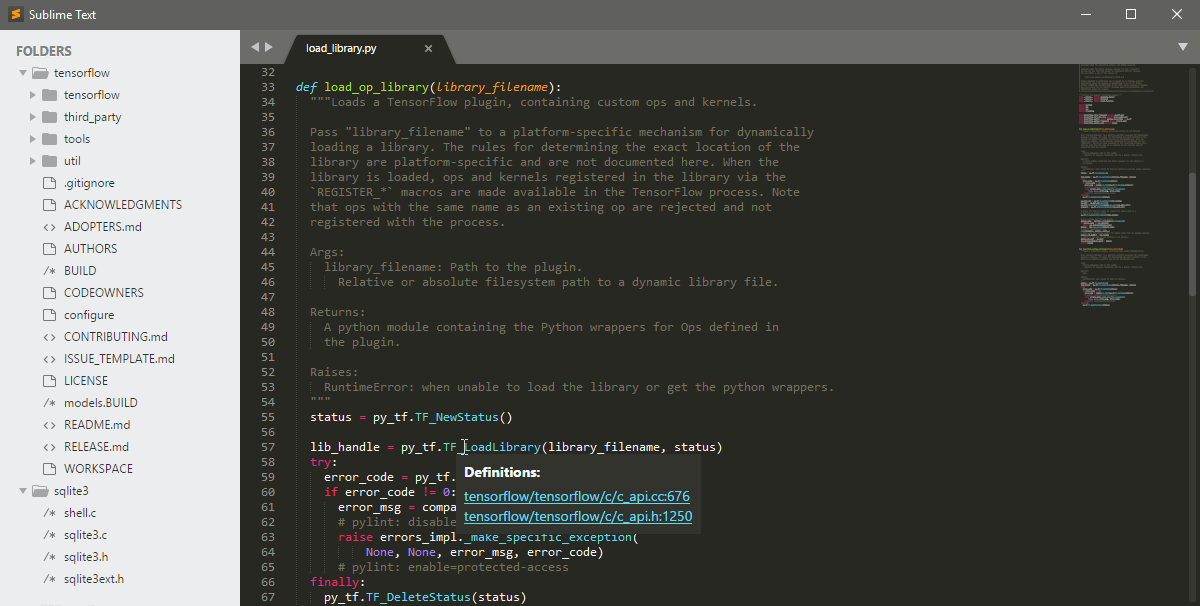

Preferences > Settings - Syntax Specific > add the following into the Markdown file (right-hand side):.Have the window with the undesirable colour scheme active.To change the colour scheme of Markdown text windows:.This isn’t an issue if you don’t use those bindings, but if you do then create a user key binding to fix it. Note: this package introduces a key binding conflict as it overwrites Ctrl+1/2/3.See more about using Markdown in Sublime Text here. The keyboard shortcut Ctrl+Alt+T should now work.

If it is the last (or only) custom key binding, omit the comma. The above line should end with a comma if and only if other custom key bindings follow it in the file.Add the following in the User key bindings file (on the right-hand side) anywhere between the starting and ending square brackets:.
#SUBLIME TEXT INSTALL WINDOWS#
Specifically, both files will be called Default (Linux).sublime-keymap on Linux, Default (OSX).sublime-keymap on macOS and Default (Windows).sublime-keymap on Windows. Confusingly, both of these files will be called “Default” - even the User key bindings file. This opens two files: the default key bindings on the left-hand side and the user’s key bindings on the right-hand side. Windows & Ubuntu: Preferences > Key Bindings. macOS: Sublime Text > Preferences > Key Bindings. To create a key binding that opens a terminal pointing to the same folder that the active file is in:. Search for “Terminus: Open Default Shell in Tab (View)” > Enter. Search for “Terminus: Open Default Shell in Panel” > Enter. Allows you to create a terminal (a command-line interface) in the Sublime Text editor. Note: a lot of these packages have functionality that can be added to key bindings to improve their usability.






 0 kommentar(er)
0 kommentar(er)
